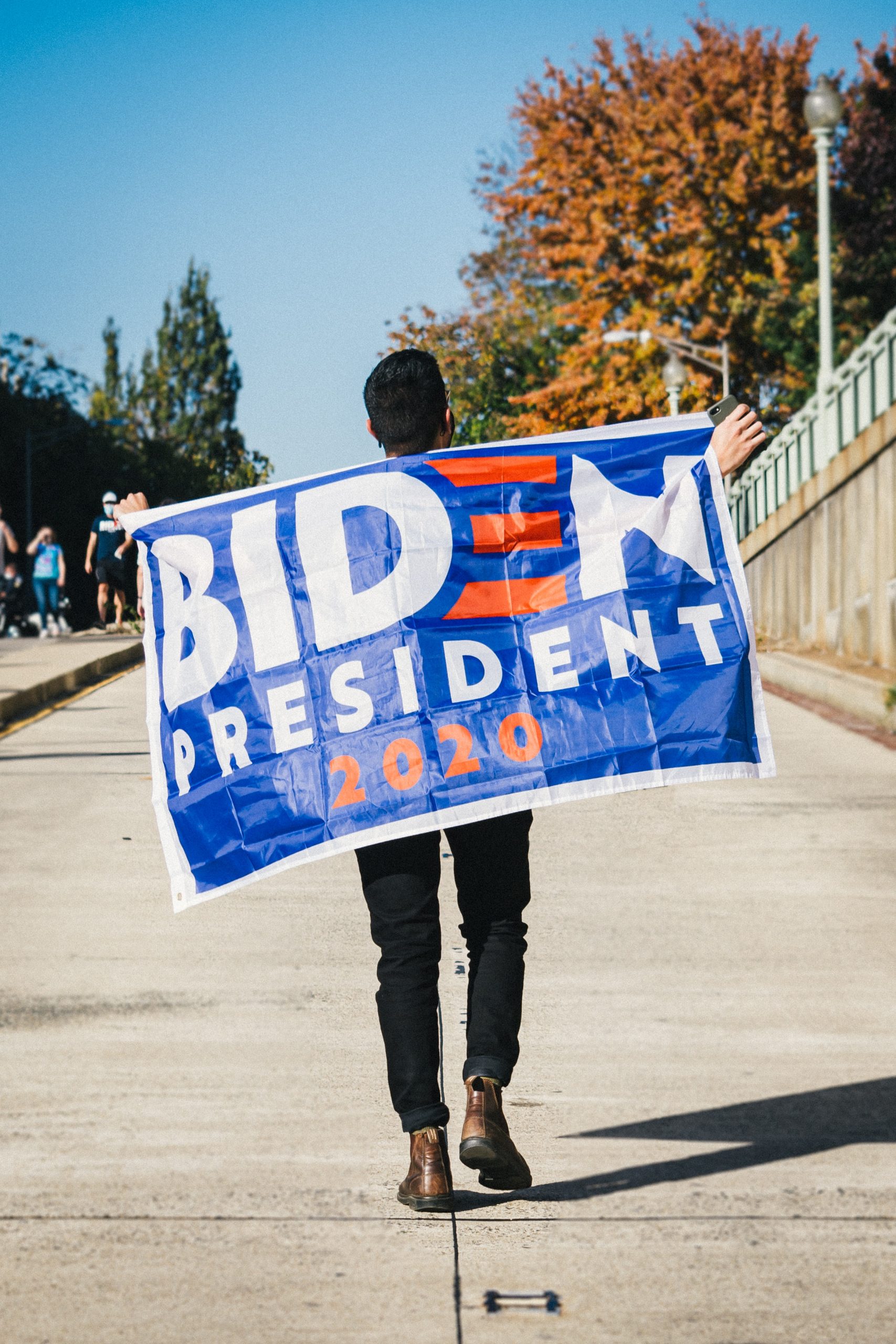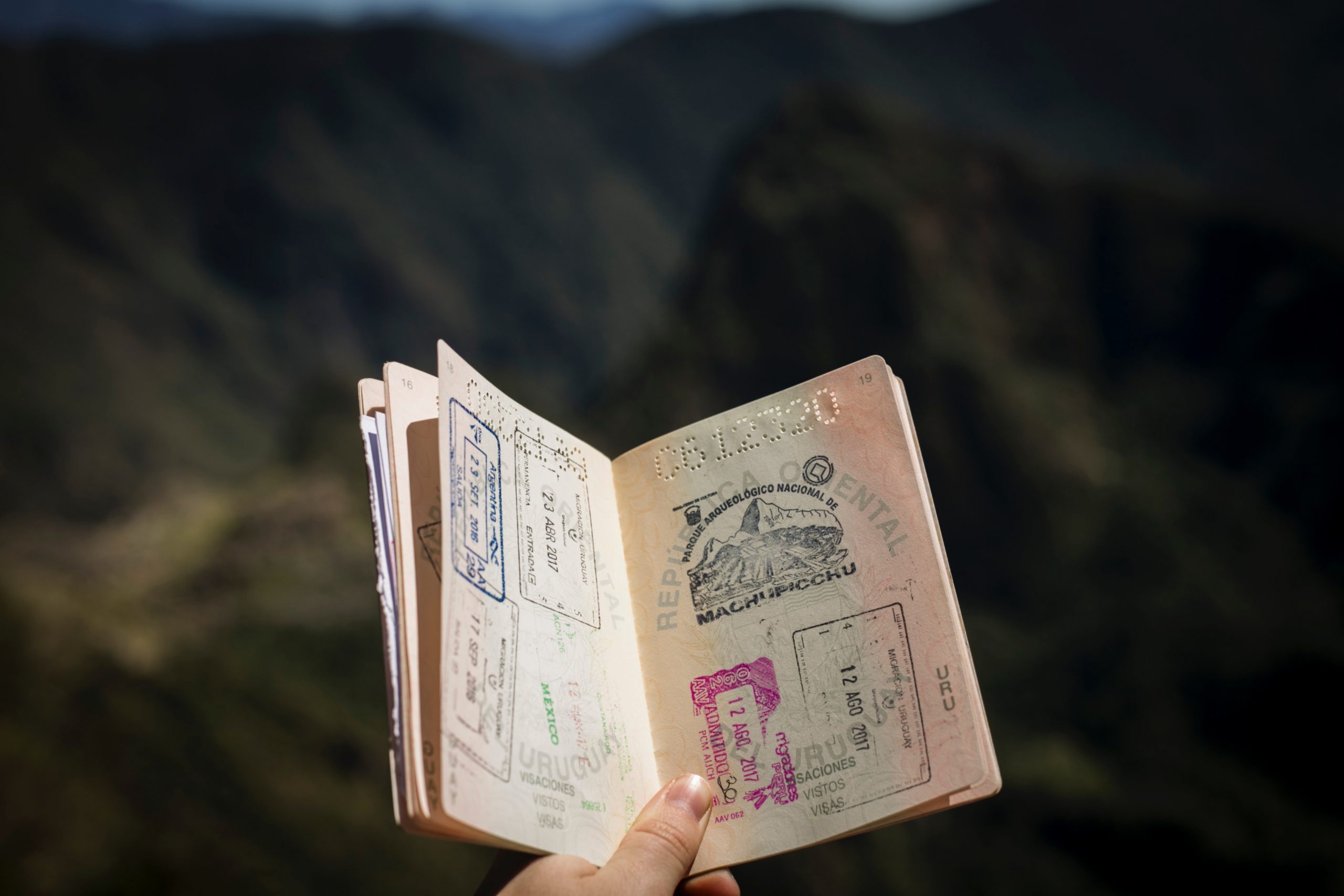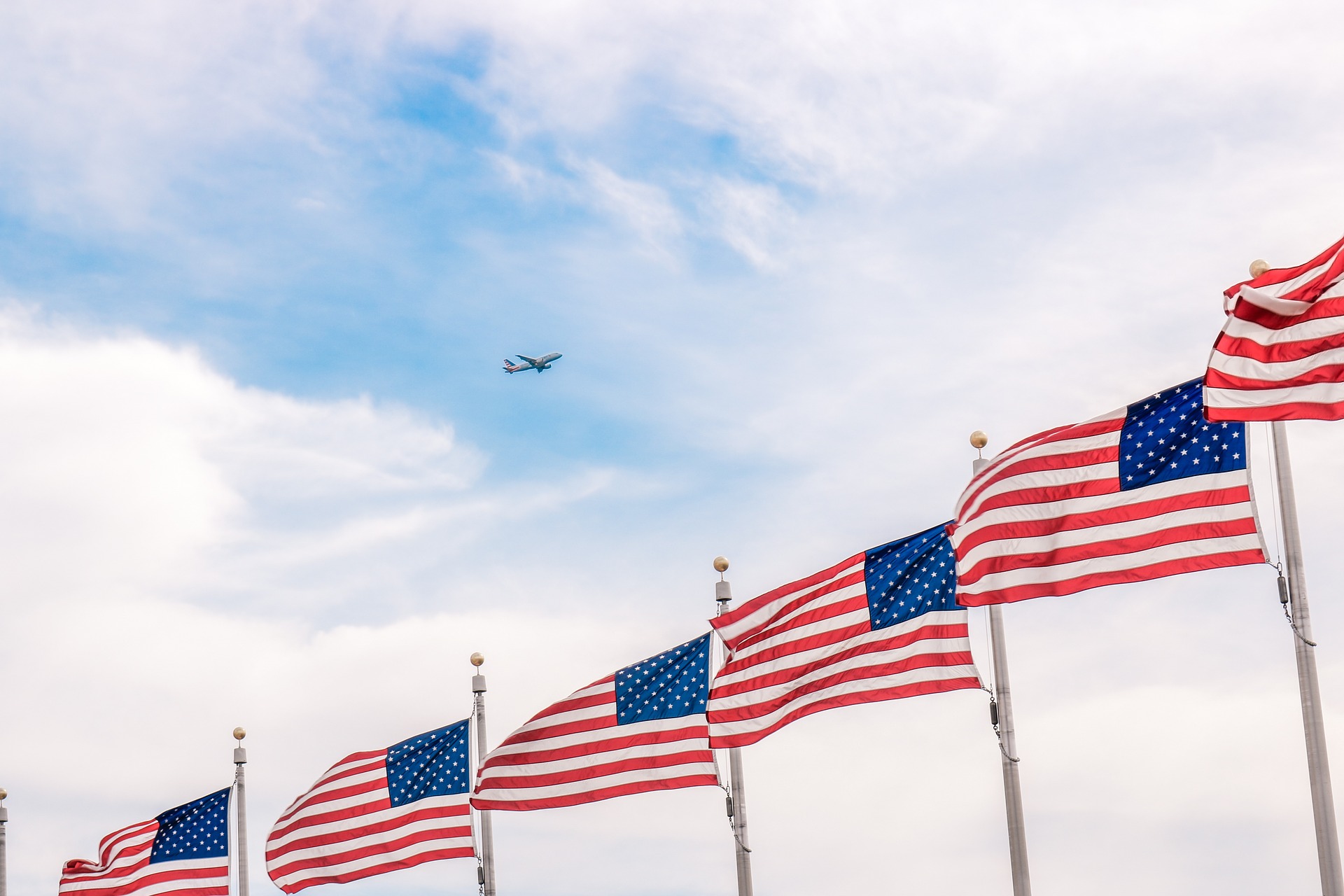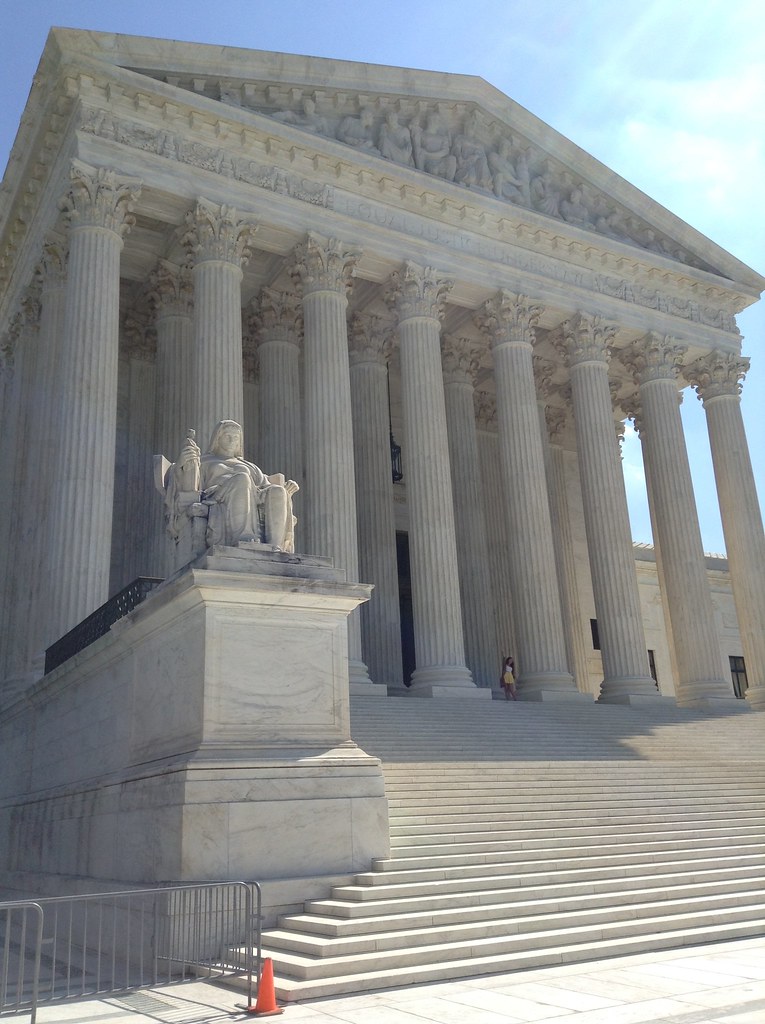More immigration news is coming your way. This week important updates have been released for F-1 students seeking post-completion Optional Practical Training in certain STEM-related fields of study.
DHS Issues Advance Copy of STEM Designated Degree Program List for post-completion Optional Practical Training
If you are an international student studying in F-1 visa status in the United States, this update may be of interest to you. Today, January 20, 2022, the Department of Homeland Security released an advance copy of the Federal Notice, “Update to the Department of Homeland Security STEM Designated Degree Program List,” which is scheduled to be published in the Federal Register tomorrow, Friday, January 21, 2022.
With this notice, DHS has indicated that the agency will be adding 22 qualifying fields of study to the STEM Designated Degree Program List. This change is significant because DHS relies on the STEM Degree Program List to determine whether an F-1 international student has obtained a degree in a program of study that qualifies as a science, technology, engineering, or mathematics (STEM) degree, to seek employment in the United States following graduation.
What is post-completion OPT?
F-1 students that have earned a degree in a qualifying STEM field, are eligible to apply for a 24-month extension of their post-completion Optional Practical Training (OPT) after completing their studies. Those authorized for post-completion OPT can work part time (20 hours or less per week) or full time.
For those who participated in pre-completion OPT, USCIS reduces the amount of time that an individual is eligible to participate in post-completion OPT by deducting from the authorization period. For example, students you participated in 10 months of pre-completion OPT, would only be eligible for up to 2 months of post-completion OPT.
Who is impacted by this notice?
This notice impacts qualifying F-1 nonimmigrant students who seek a 24-month extension of post-completion OPT who have earned a degree in a STEM field of study as designated by the STEM list.
What are the 22 qualifying fields of study being added to the STEM list?
- Bioenergy (03.0210). A program of study that focuses on the environmental and economic impact of using plants and microbes for the production of bio-based fuels such as ethanol and biodiesel. Includes instruction in biochemical engineering, bioprocessing, bioseparations, conversion, feedstock, economics, environmental sustainability, hydrology, and natural resource management.
- Forestry, General (03.0501). A program that generally prepares individuals to manage and develop forest areas for economic, recreational, and ecological purposes. Includes instruction in forest related sciences, mapping, statistics, harvesting and production technology, natural resources management and economics, wildlife sciences, administration, and public relations
- Forest Resources Production and Management (03.0510). A program that focuses on the application of forestry principles to the production, harvesting, and processing of forest resources and that prepares individuals to perform associated technical and managerial functions. Includes instruction in forest production and utilization, industrial forestry, agroforestry, transplantation, timber harvesting, selection and identification of trees, processing technologies and systems, equipment operations and maintenance, and related management skills.
- Human-Centered Technology Design (11.0105). A program that focuses on incorporating a human perspective into designing, researching, and creating technological interfaces. Includes instruction in design, human-computer interaction, learning, neuroscience, perception, product design, user centered design, and usability.
- Cloud Computing (11.0902). A program that prepares individuals to design and implement enterprise software systems that rely on distributed computing and service-oriented architecture, including databases, web services, cloud computing, and mobile apps. Includes instruction in data management, distributed and cloud computing, enterprise software architecture, enterprise and cloud security, mobile systems and applications, server administration, and web development.
 Visa Lawyer Blog
Visa Lawyer Blog











